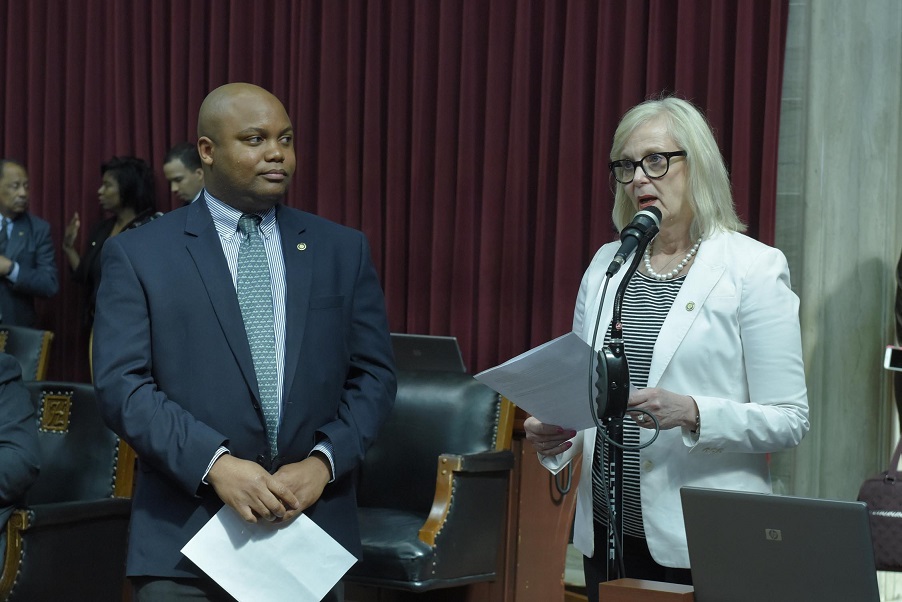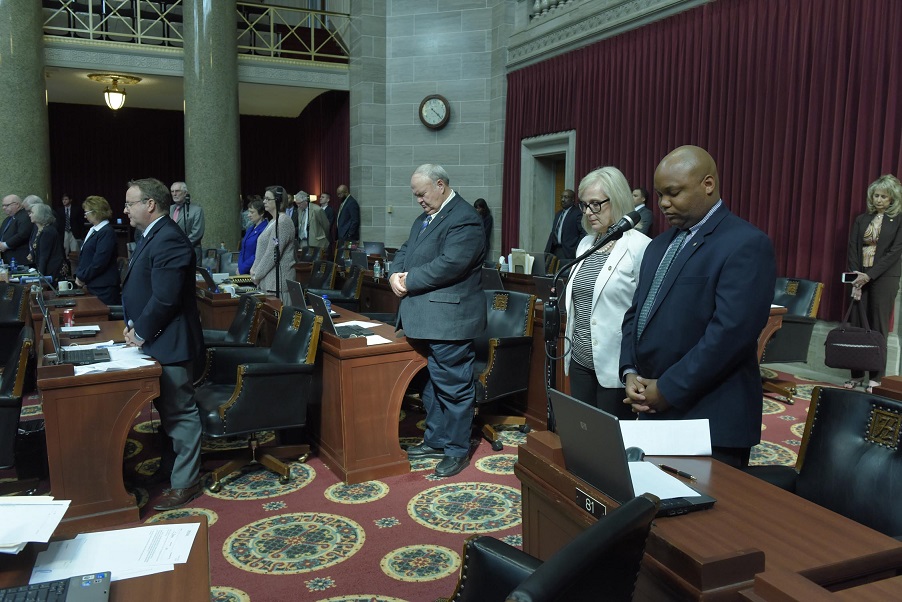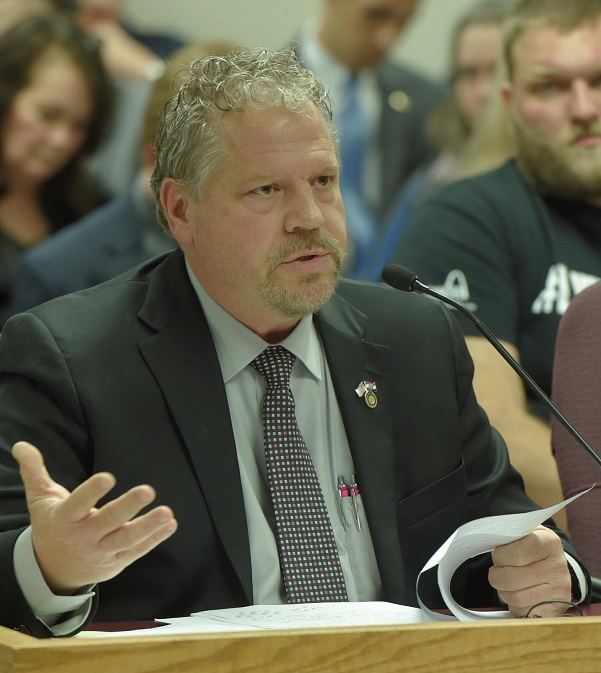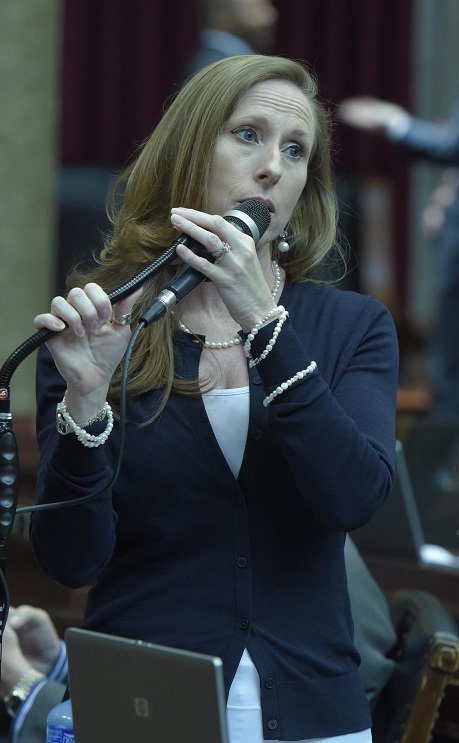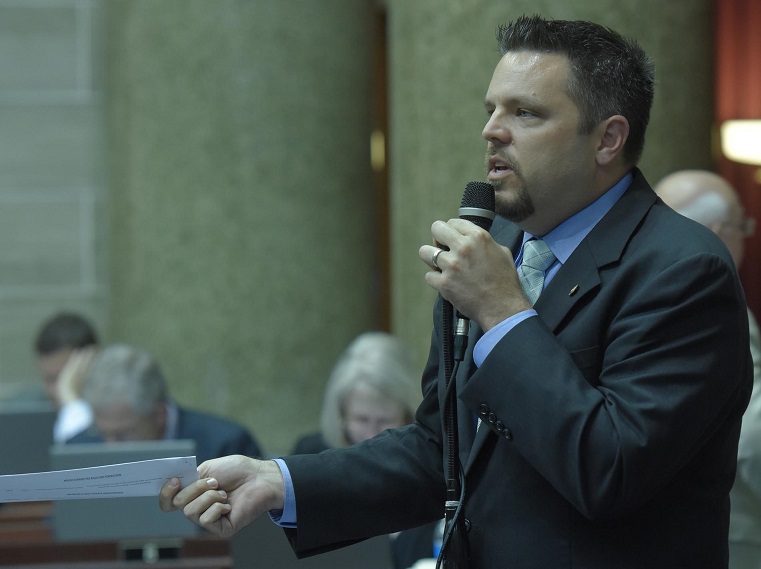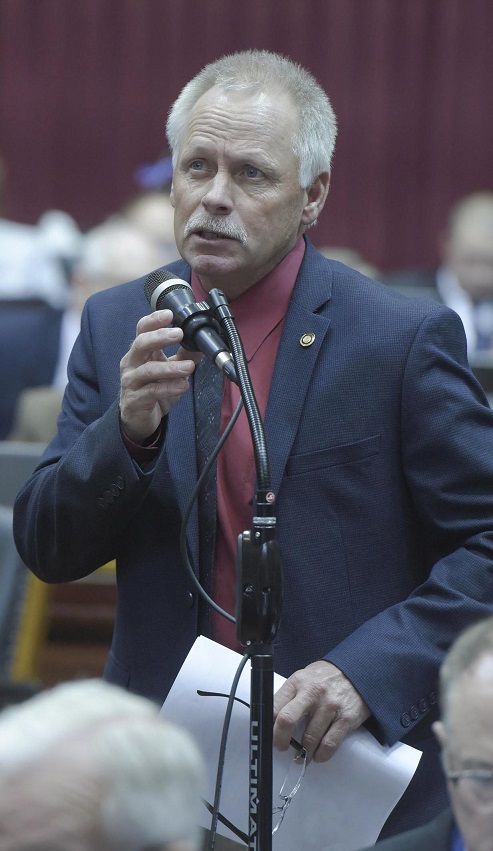The state House has voted twice this session to relax Missouri’s law requiring that helmets be worn by motorcycle riders.

Members voted earlier this month to pass House Bill 576, and on Tuesday voted for an amendment to Senate Bill 8, both containing the same language. They would allow riders 21 and older who have completed a motorcycle safety course or who have had their motorcycle license for at least two years to ride without a helmet if they have insurance.
Missouri legislators have for years debated easing the state’s helmet law. While both measures received favorable votes, the issue stirs passion in both proponents and opponents, and both sides of the issue are bipartisan.
Rolla representative and doctor Keith Frederick (R) said he generally, “doesn’t want the government telling people what to do,” but riders without helmets could cost taxpayers a lot of money.
Kansas City Democrat Ingrid Burnett said she could not support the amendment after the death of a close family friend.
The amendment to SB 8 was offered by Cedar Hill representative Shane Roden, who said he rides motorcycles himself. He said he would wear a helmet most of the time even if the law is changed, but he wants the freedom to ride without it.
He argued that nearly half of fatal motorcycle accidents involved riders that had more than the legal limit of alcohol in their systems, “so if we want to talk about reducing fatalities maybe we need to start enforcing DWIs a little bit stronger, so I would say if you really want to make an effective reduction in deaths, maybe we need to go on the campaign about riding while intoxicated or buzzed driving.”

St. Joseph Republican Delus Johnson said as a motorcycle rider, he feels he is “grouped in” by the state’s helmet law with those who ride while intoxicated or ride recklessly.
Supporters also argue that allowing people to ride in Missouri without helmets would increase tourism. They say many riders and groups deliberately avoid the state because of its helmet law.
HB 576, sponsored by High Ridge Republican John McCaherty, is awaiting a vote by a Senate committee. SB 8 has been sent back to the Senate with several amendments that that chamber must consider.
